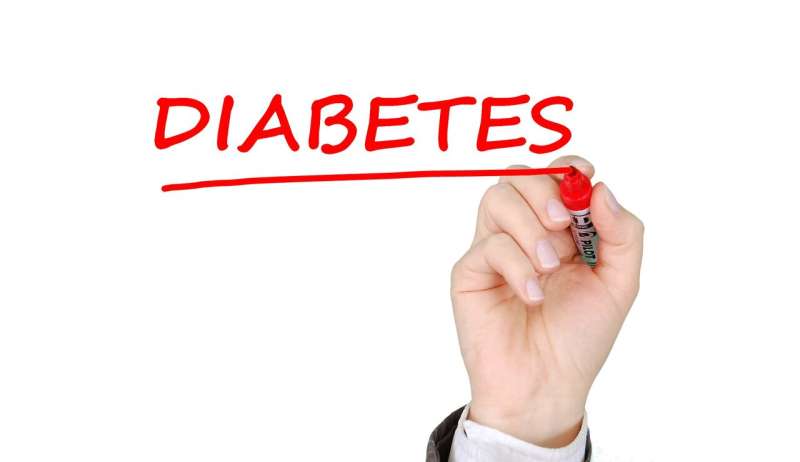Educational Disparities and Their Impact on Biological Aging

A new study reveals that lower educational attainment accelerates biological aging, widening health disparities among adults over the past 30 years. Addressing educational inequality may be key to promoting healthier aging.
Recent research by USC Leonard Davis School of Gerontology highlights a concerning trend: individuals with lower educational attainment are experiencing faster biological aging compared to their more-educated peers. Over the past three decades, the gap in biological aging between these groups has widened significantly. Biological aging refers to the changes within the body that occur over time, affecting organ function and overall health—it's a deeper measure of health than merely counting birthdays. For instance, two people aged 65 might have vastly different biological profiles, indicating differences in health and aging processes.
The study utilized data from the National Health and Nutrition Examination Survey, focusing on adults aged 50 to 79 during two periods: 1988–1994 and 2015–2018. Findings revealed that while general biological aging appeared to slow down for all groups, those with higher education benefitted more substantially. The aging gap, which was about one year in the late 80s and early 90s between high school graduates and college graduates, has doubled to nearly two years by 2018. This indicates that higher education may play a protective role against accelerated aging.
Expert insights suggest that education influences numerous health-related factors, including occupation opportunities, income, living conditions, and access to healthcare. Despite testing whether lifestyle factors like smoking, obesity, or medication use explained this disparity, these did not account for the widening gap. Instead, education itself remains a key determinant impacting biological aging.
This growing inequality in health outcomes poses serious public health concerns. It suggests that those with less education are not only at risk of earlier mortality but also tend to spend more years in poor health, which places additional strain on families, healthcare systems, and communities. As Dr. Eileen Crimmins emphasizes, education is a powerful social determinant of health that influences how quickly our bodies age. Addressing educational disparities could be essential in promoting healthier aging populations in the future.
Source: https://medicalxpress.com/news/2025-08-gap-linked-differences-biological-aging.html
Stay Updated with Mia's Feed
Get the latest health & wellness insights delivered straight to your inbox.
Related Articles
High Triglyceride Levels Linked to Dangerous Abdominal Aortic Aneurysms in Mouse Study
New research shows that elevated triglyceride levels directly contribute to the development of dangerous abdominal aortic aneurysms, offering potential new therapeutic strategies.
Many People Are Unaware They Have Diabetes, Highlighting the Need for Better Screening
A new global study reveals nearly half of the people with diabetes are unaware of their condition, highlighting critical gaps in diagnosis and management that pose a significant health risk worldwide.
Automated Smoking Cessation Support for Parents Shows Promise in Reducing Tobacco Use
A new study reveals that automated smoking cessation programs integrated into pediatric care can significantly increase treatment engagement and reduce cigarette use among parents, promoting healthier families.
Pregnancy Complications Increase Risk of Ischemic Stroke Before Age 50
Pregnancy complications such as preeclampsia and stillbirths are linked to a higher risk of ischemic stroke in women under 50, emphasizing the importance of early cardiovascular screening.



